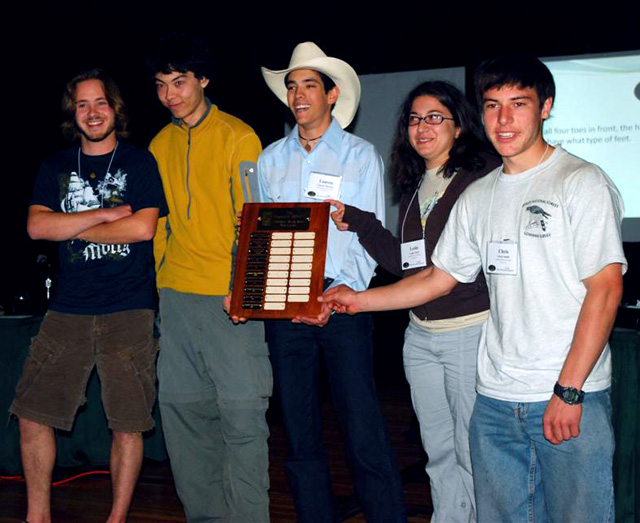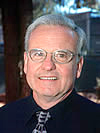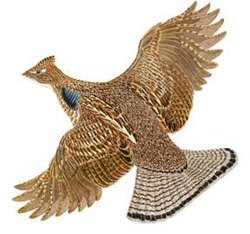
HSU, led by Captain Leslie Tucci at the November contest in Miami, overwhelmed Virginia Tech 135 to 20; Texas Tech 160 to 25; the State University of New York (S.U.N.Y.) for Environmental Science & Forestry 135 to 40; and S.U.N.Y. Cobleskill 185 to 10.
“Humboldt State is the all-time preeminent team in the National Wildlife Quiz Bowl,” said Coach Dave Kitchen, Professor of Wildlife Management. “The plaque kept at the Wildlife Society’s national headquarters looks like the Humboldt Trophy: our name is on it more than all of the other schools combined that have won since the bowl began 11 years ago.”

This year’s squad—including Tucci, Daryl Coldren, Lauren Maestas, Jay Iwasaki and Chris Smith—“is among the best I’ve ever coached,” Kitchen added. “It really had no weaknesses in any of the subjects addressed by questions at the bowl.”
The statistics bear out his claim. HSU’s average margin of victory this year was about 130 points, based on a total of 620 points scored versus the opponents’ total of 90.
Kitchen said each year’s contest seems to produce a key question that enables Humboldt State to blitz its rivals. The decisive answer this time came from Captain Tucci, who buzzed instantly when asked, “What is the name of the droppings from ruffed grouse that are used in estimating their populations?”
“Clocker!” she exclaimed.

After the title victory, Tucci remarked, “At Miami, I realized just how much HSU teaches us. Questions and topics considered difficult or advanced by other schools are regularly covered in the Wildlife Department. It makes me proud to be an HSU wildlifer, and I’m glad to know I’m getting the best undergrad education I can get.”
The team prepared with three-hour meetings twice a week in conjunction with Wildlife 480L. The course spans basic taxonomy, policy, ecology, biology and statistics, all subjects for bowl queries. Team members train themselves with simulated competitions to hone their skills.
“It’s amazing how much knowledge about wildlife I already have after just one semester at Humboldt State University,” said freshman Bonnie Schlotfeldt.
Asked why he joined the team, Brian Fagundes, who is majoring in international wildlife management and ecological restoration, replied, “How could anyone pass up the opportunity to learn loads of information pertinent to his major, all while having fun and making lasting friendships?”
Sometimes those friendships blossom into romances. Coach Kitchen reports that most of his wildlife groups produce marriages. “I have had the pleasure of performing several of them over the years,” he chuckles.
The Wildlife Bowl has major side benefits: organized field trips and personal enjoyment. The team visited the Everglades and saw more than 100 new species that the students had not observed in the wild before. (Only two of them had been to south Florida previously.)
“To be able to travel to any new place is one thing,” enthused junior Cori Elwood, “but to travel to the Everglades with a group of dedicated wildlife students is one of the greatest experiences I could ever have!”
Casey Eganey, also a junior, chimed in: “I am just so proud to be attending the best university for wildlife in the country.”
As for the fun part, teammate Daryl Coldren has the last word: “We won the nationals, saw a lot of birds, ate a ton of hot wings and drank some great beverages!”